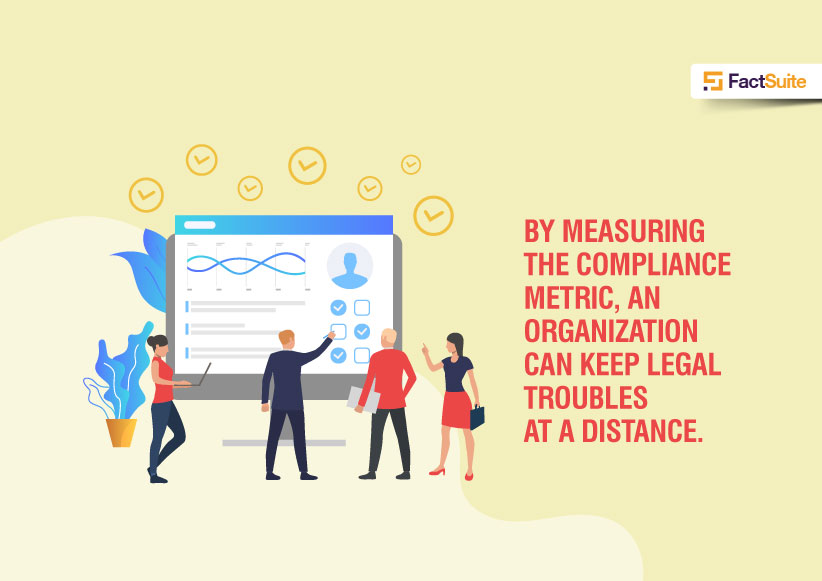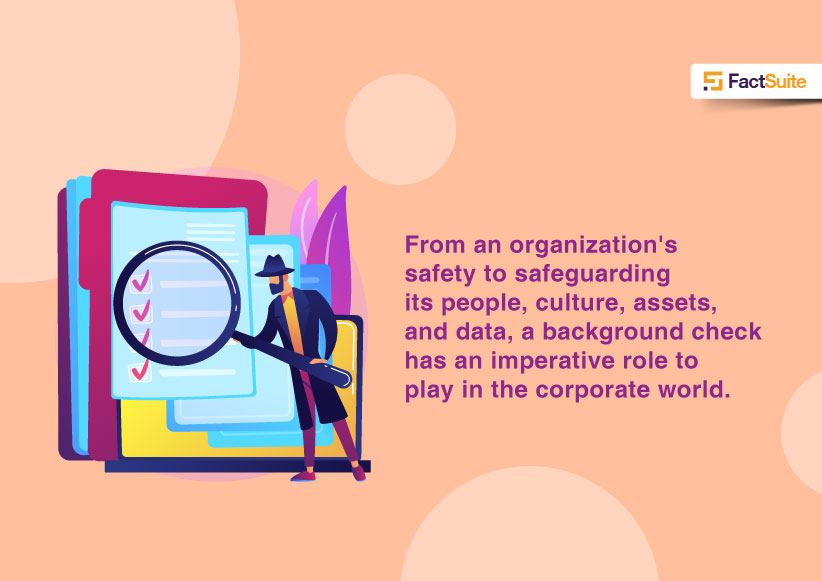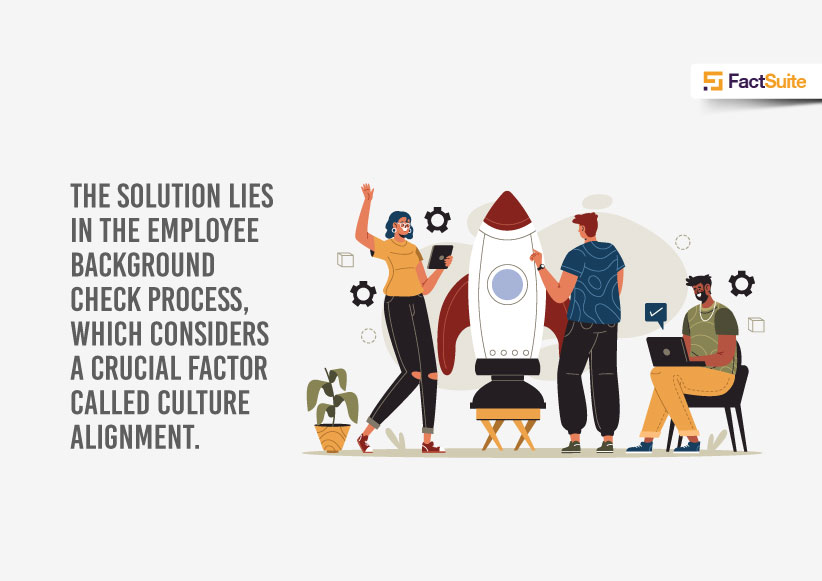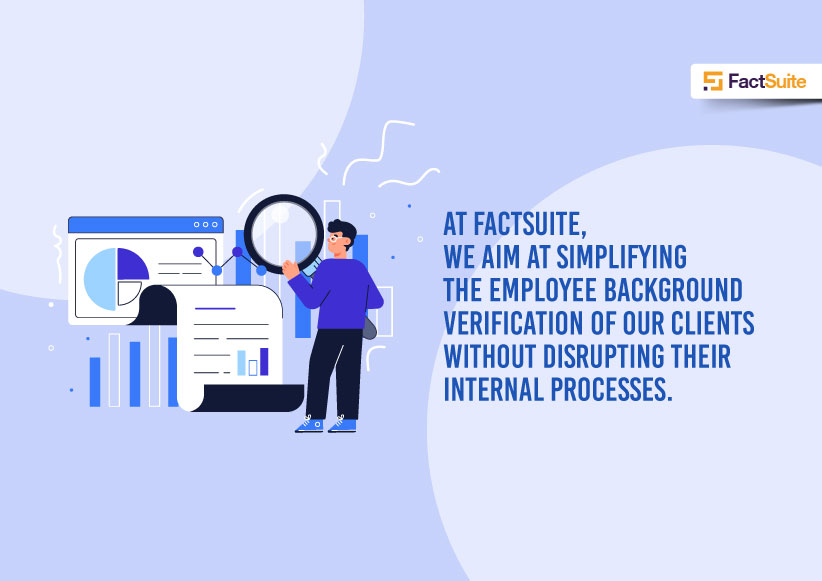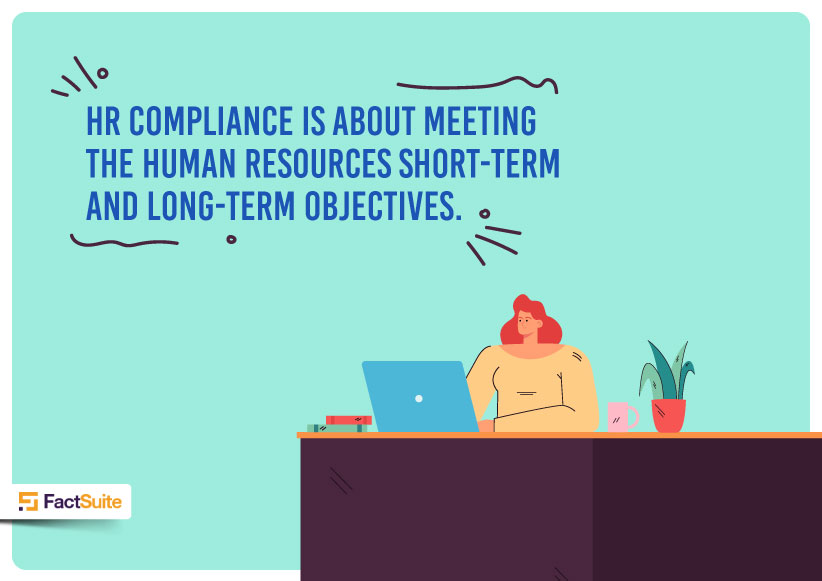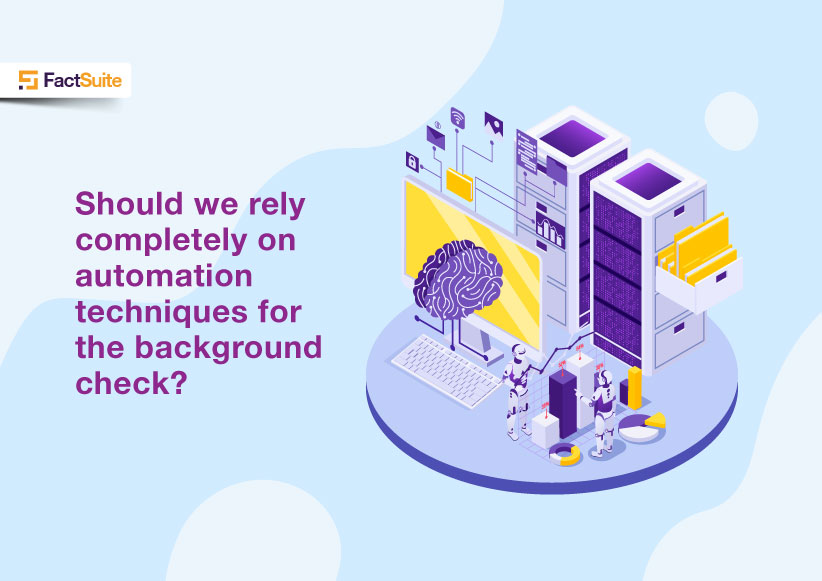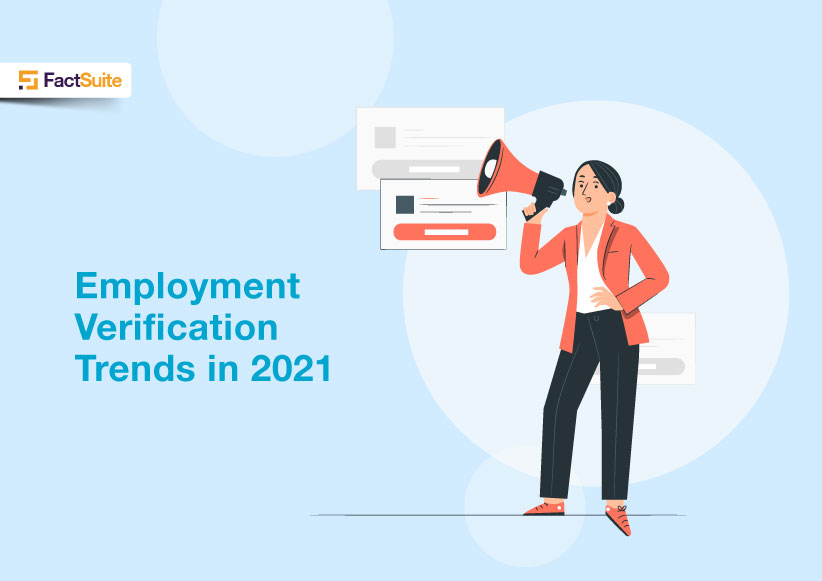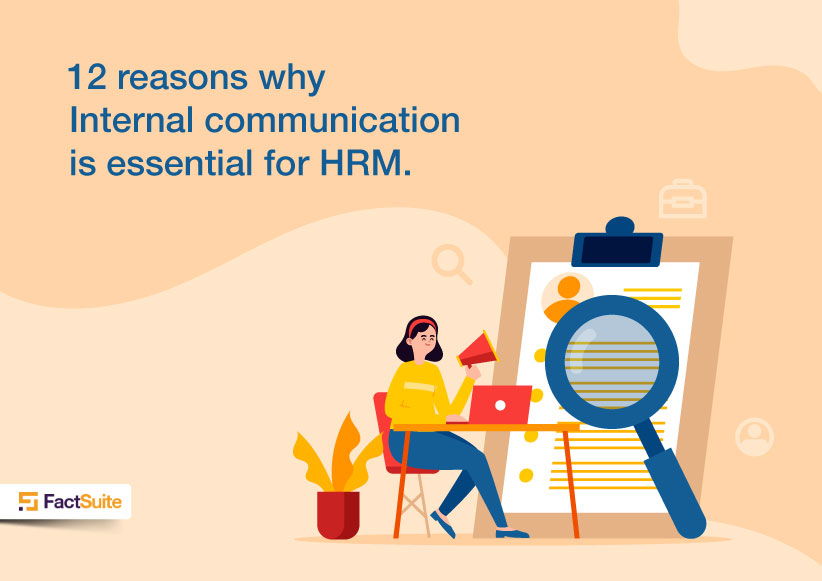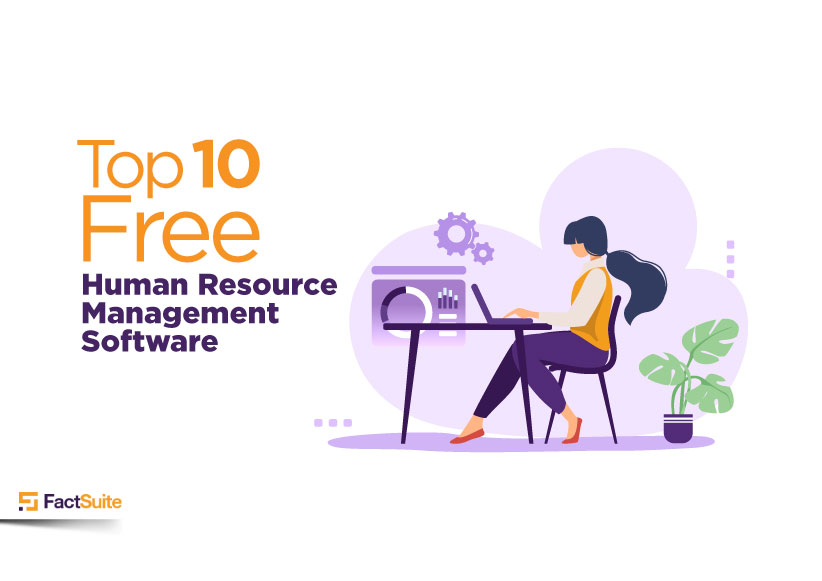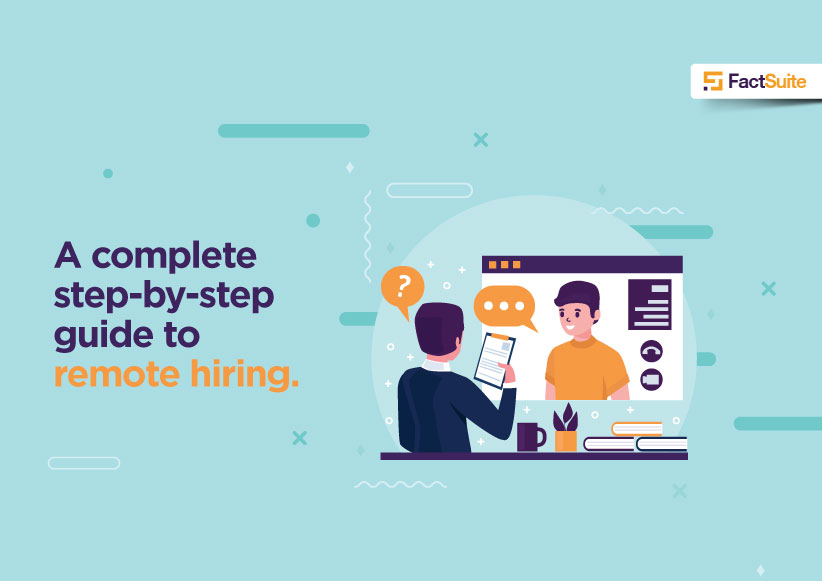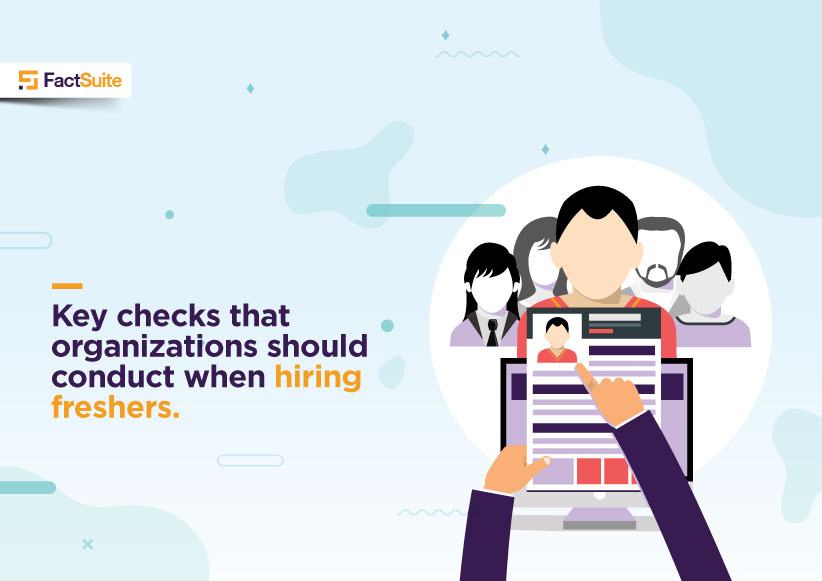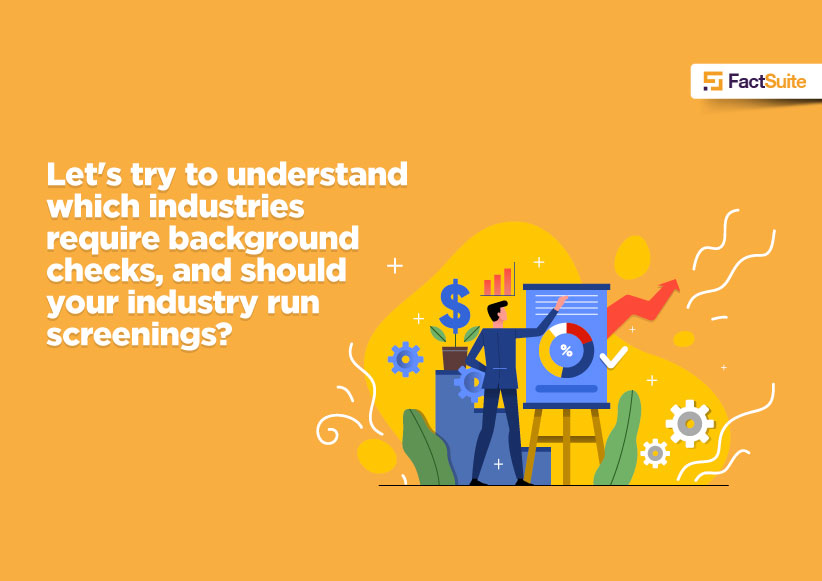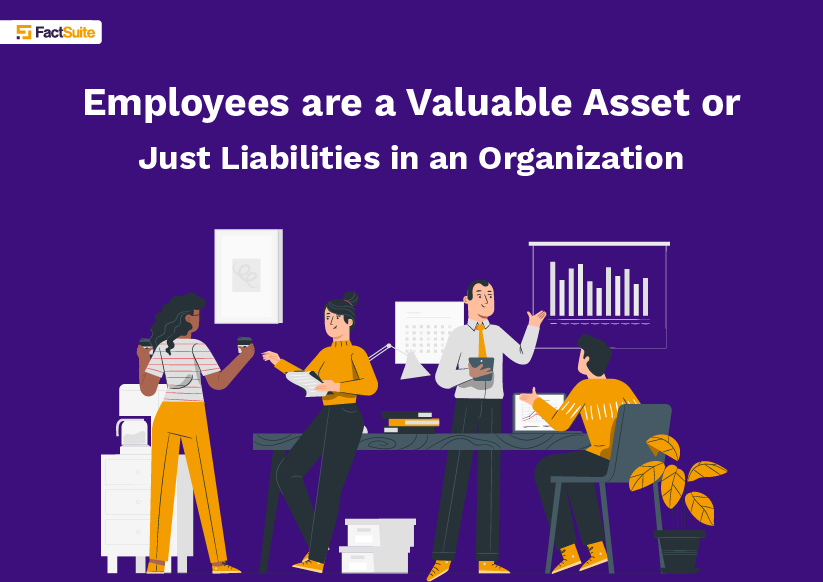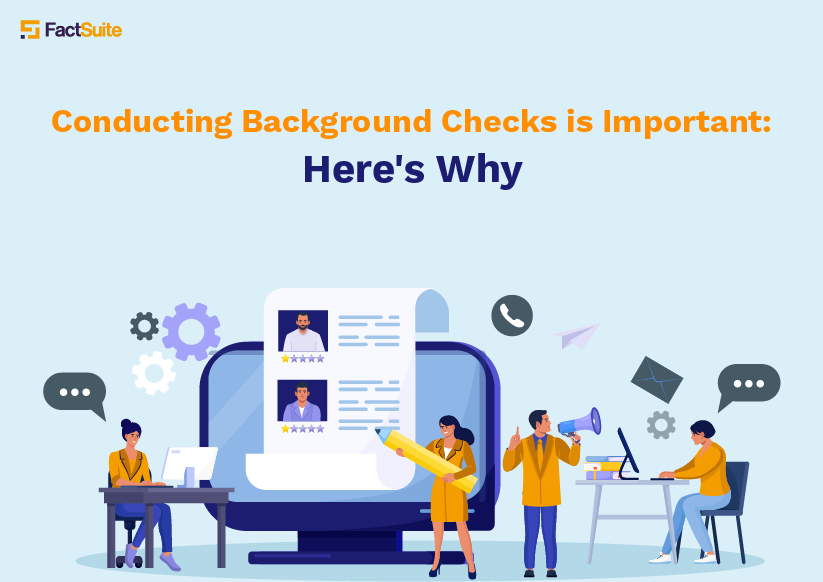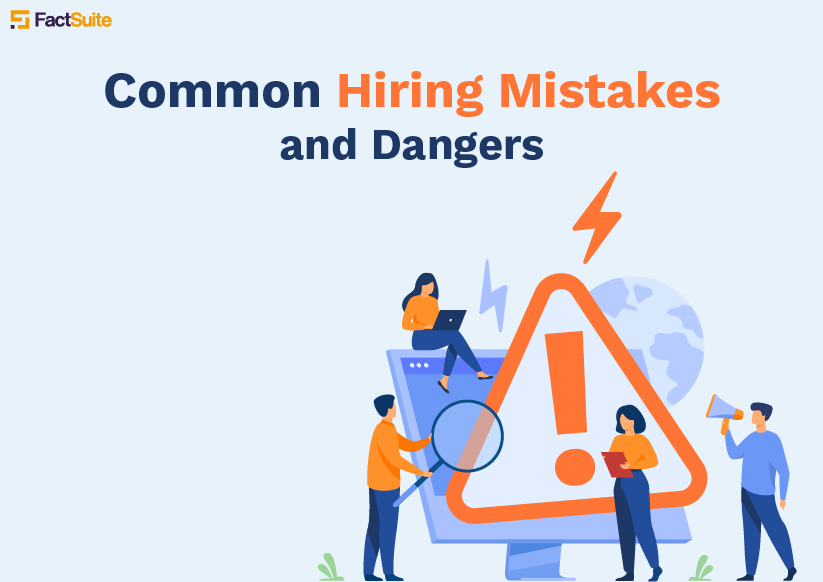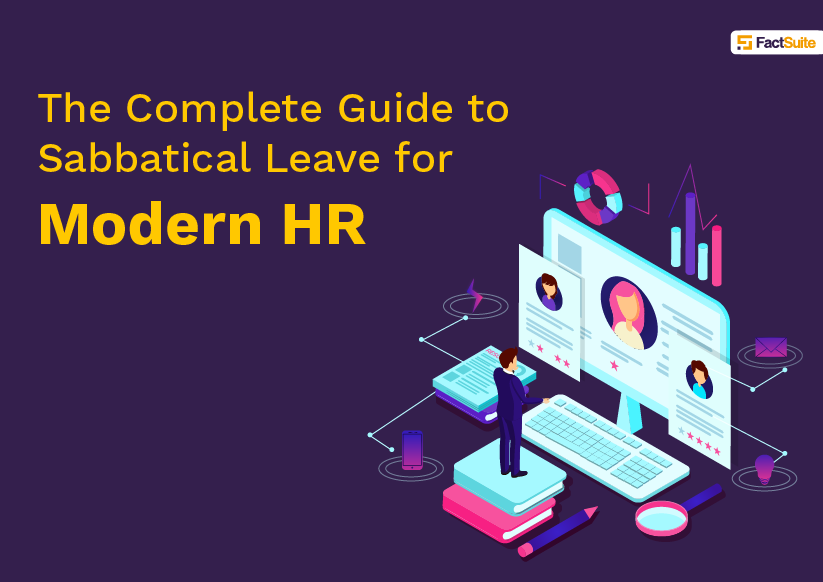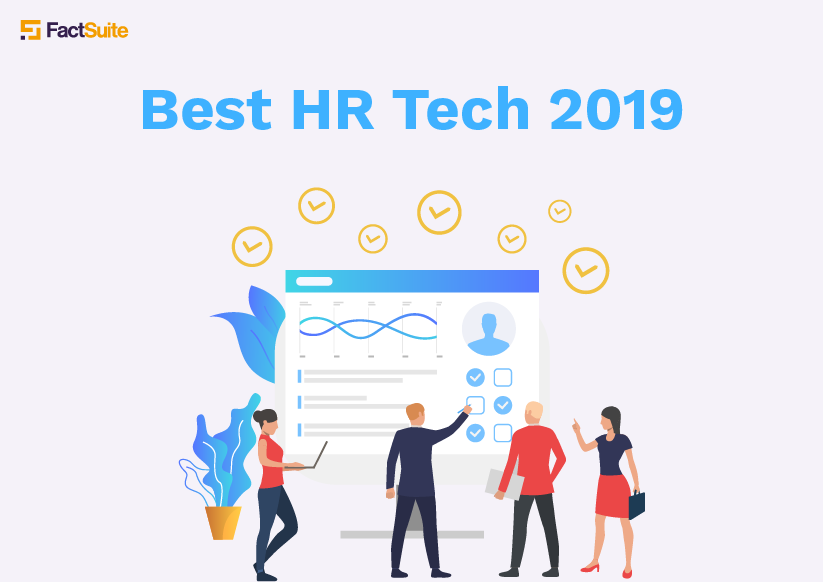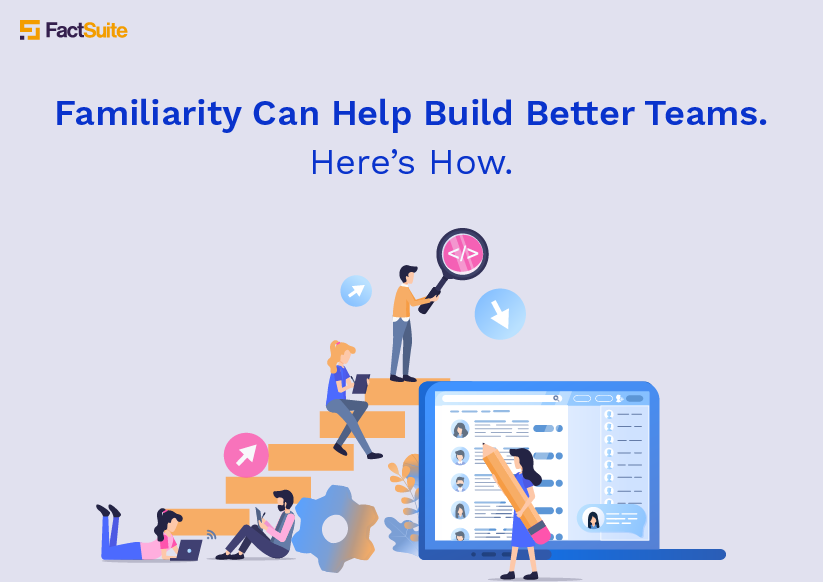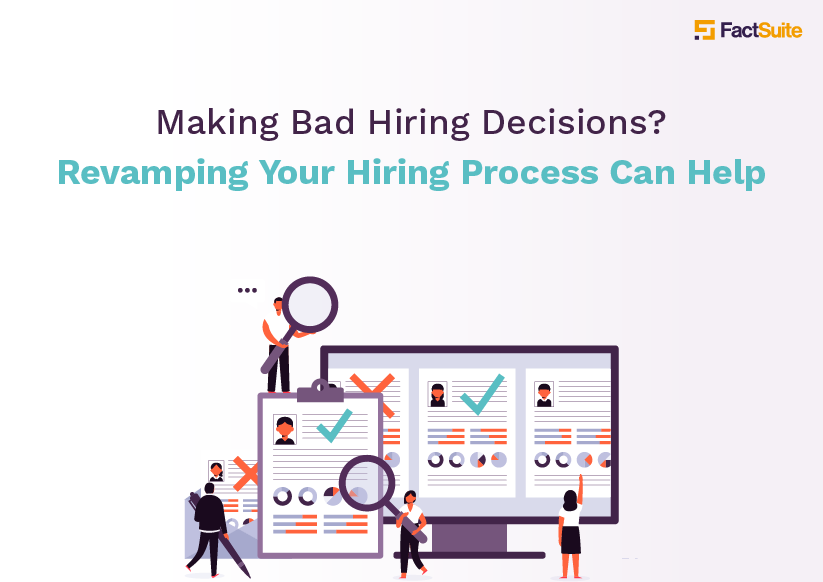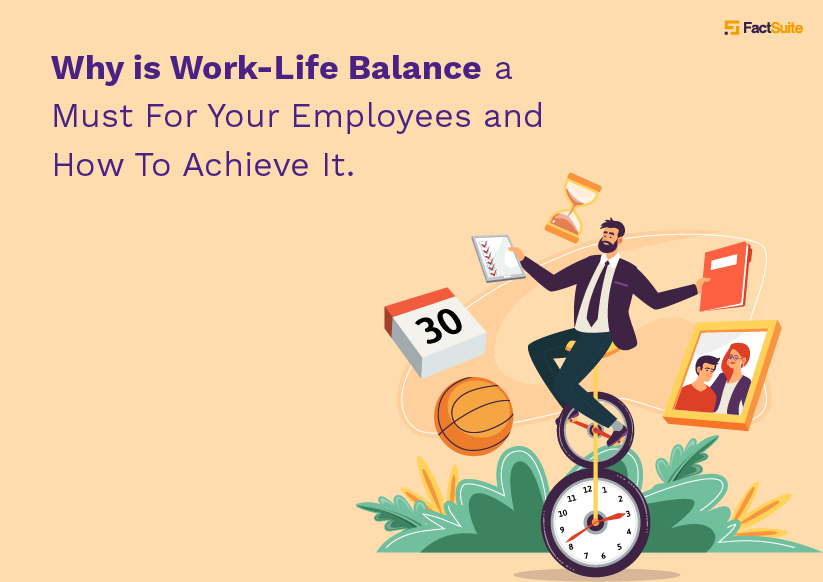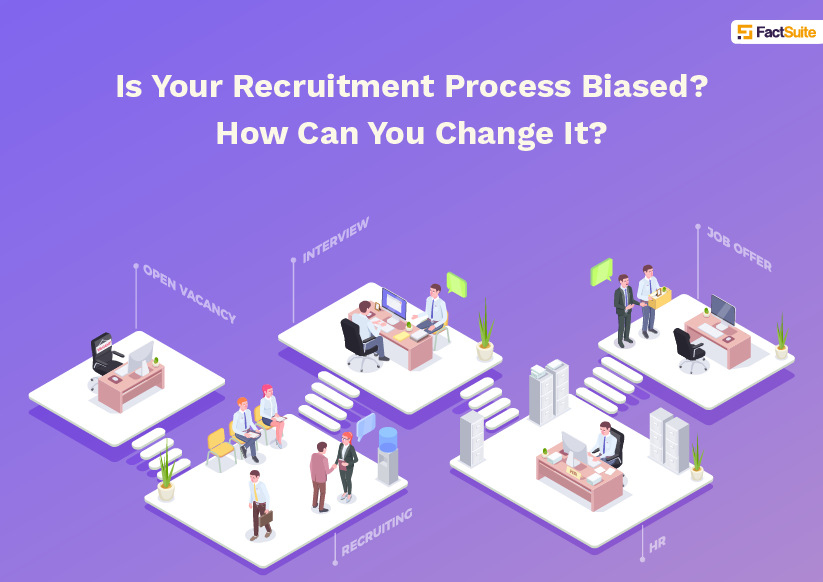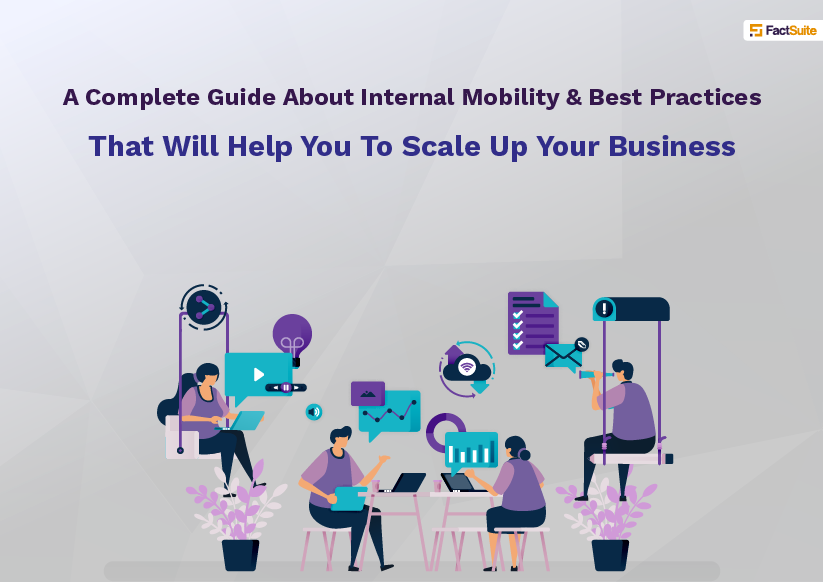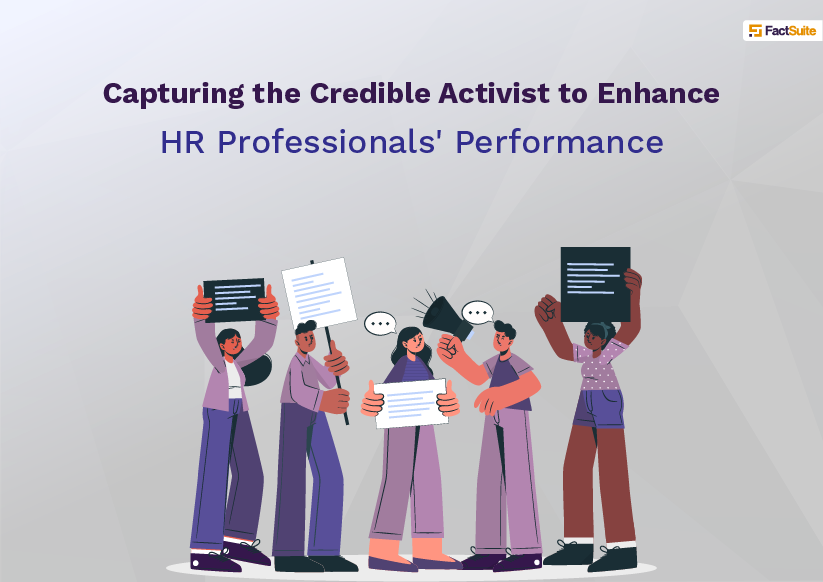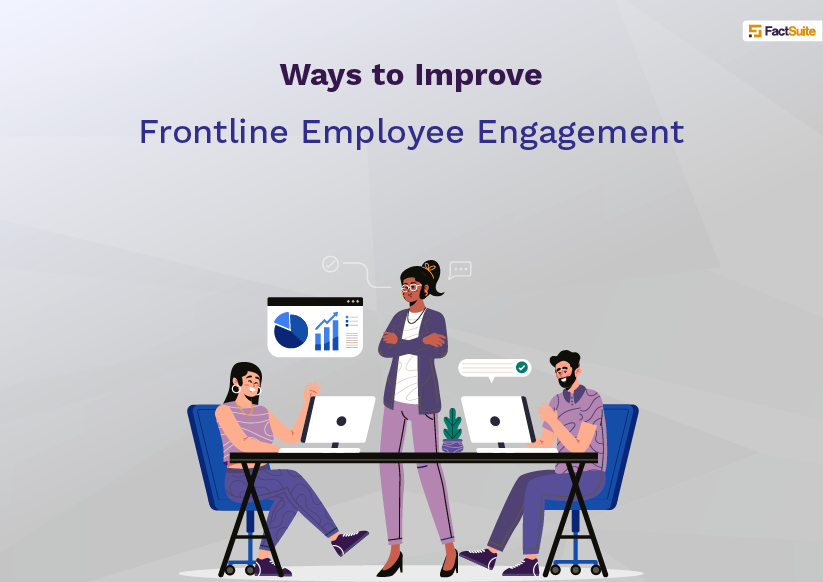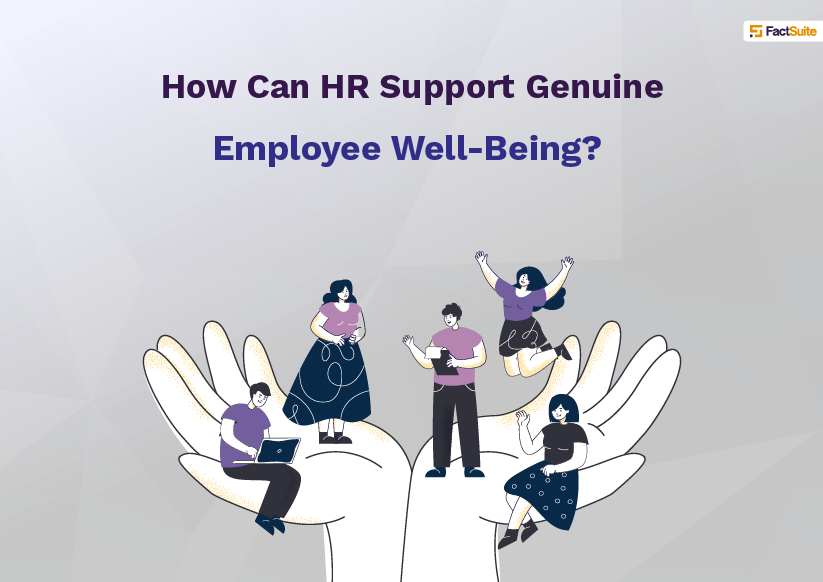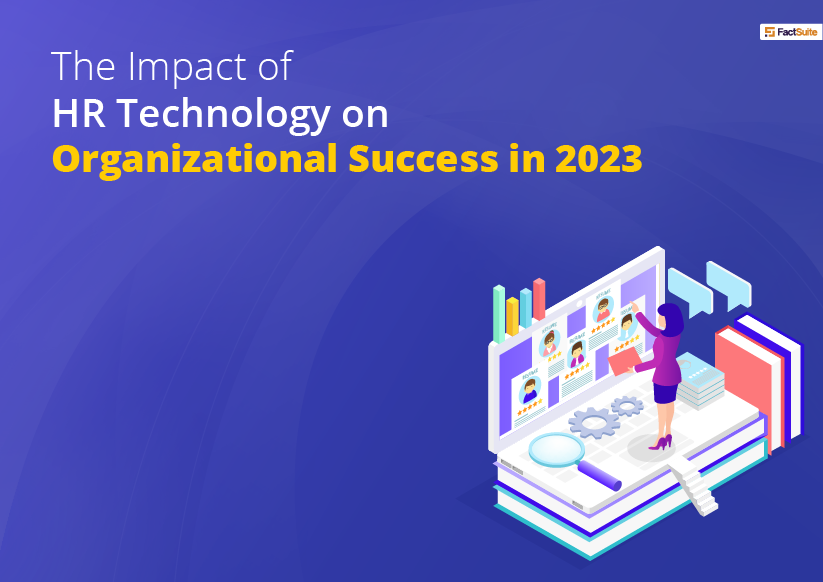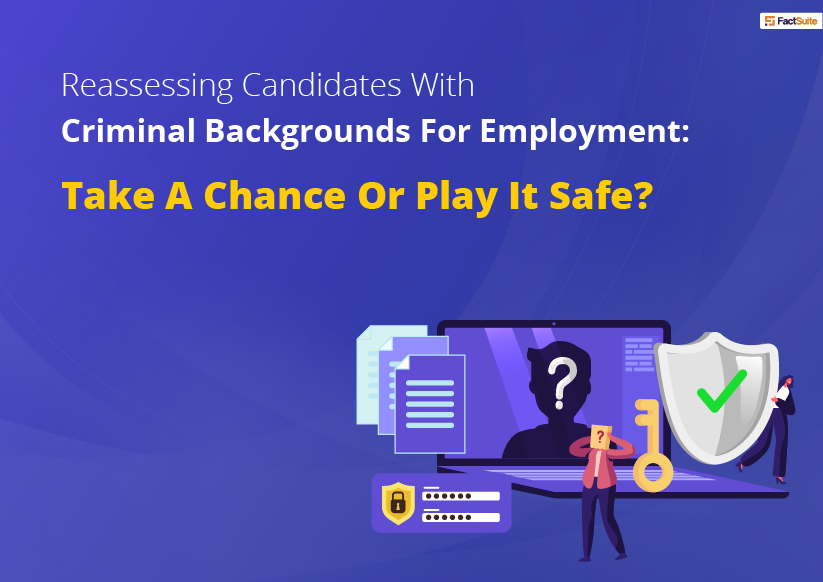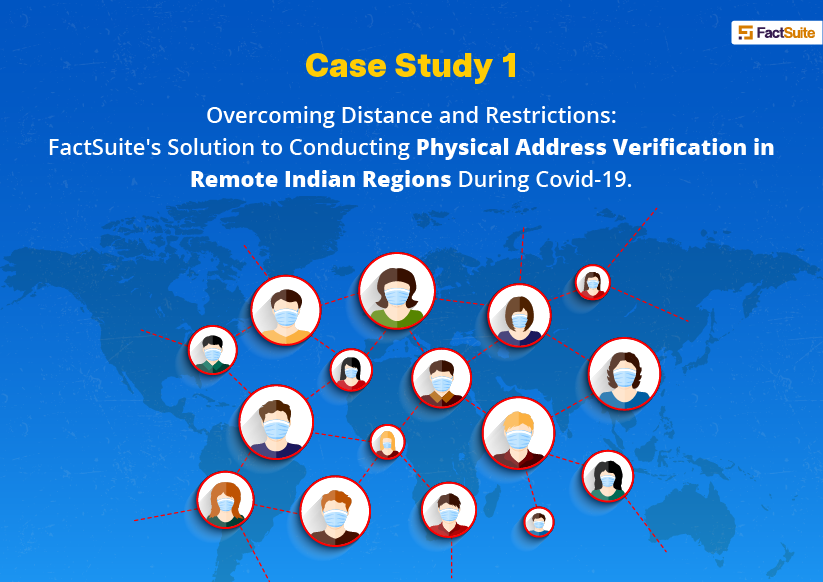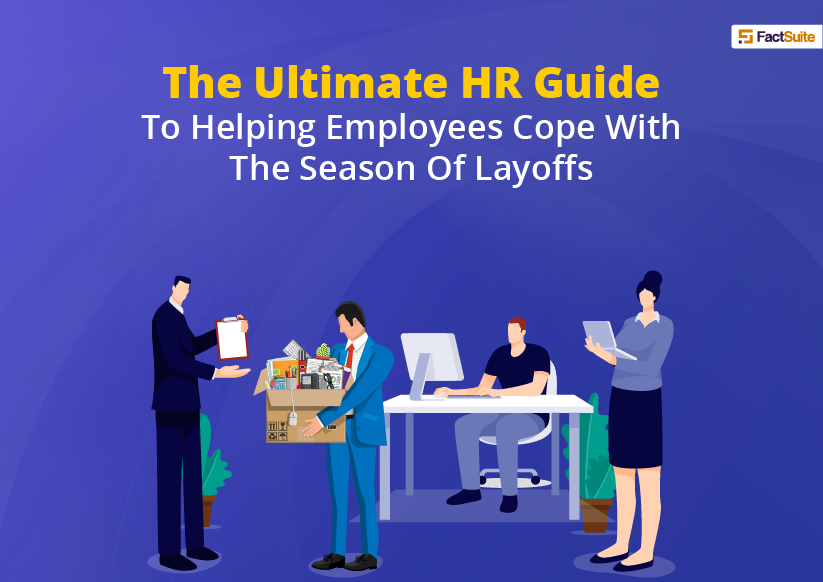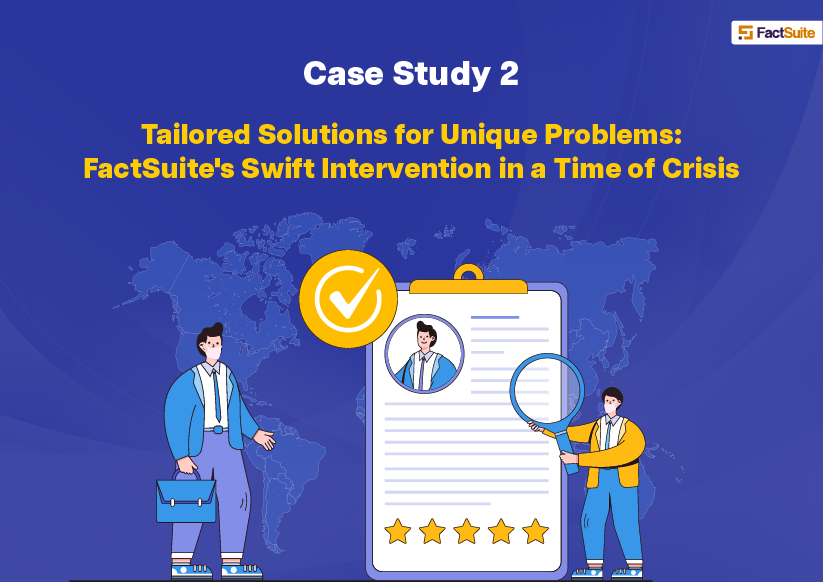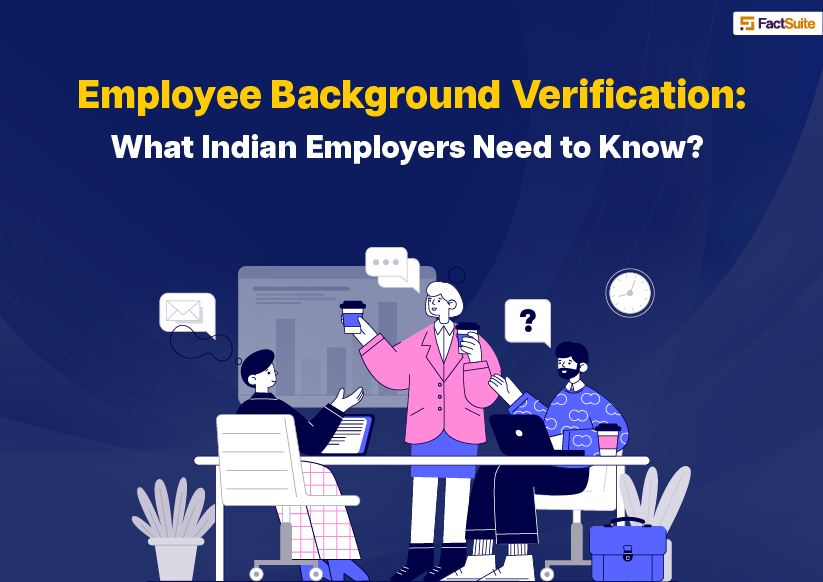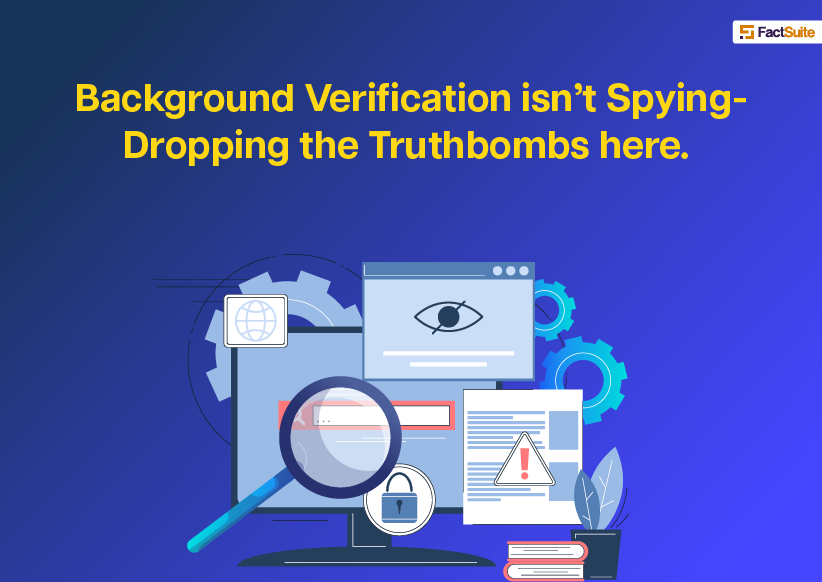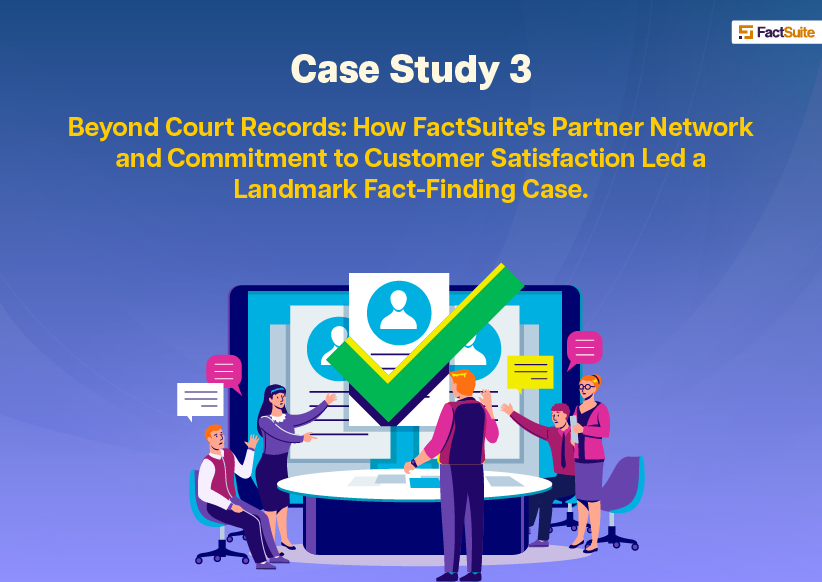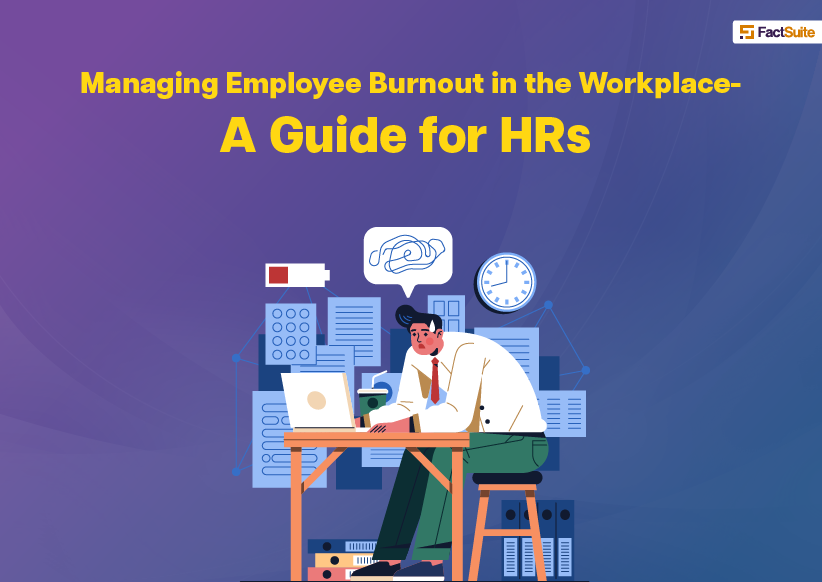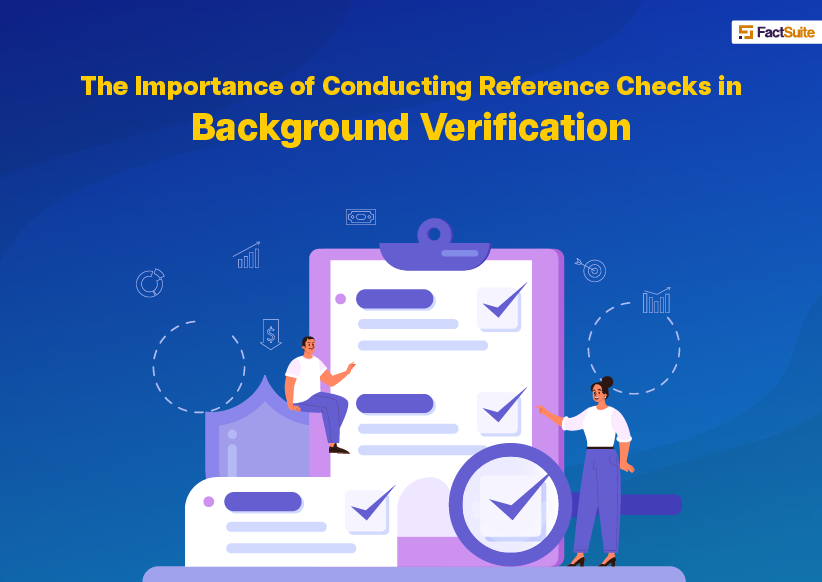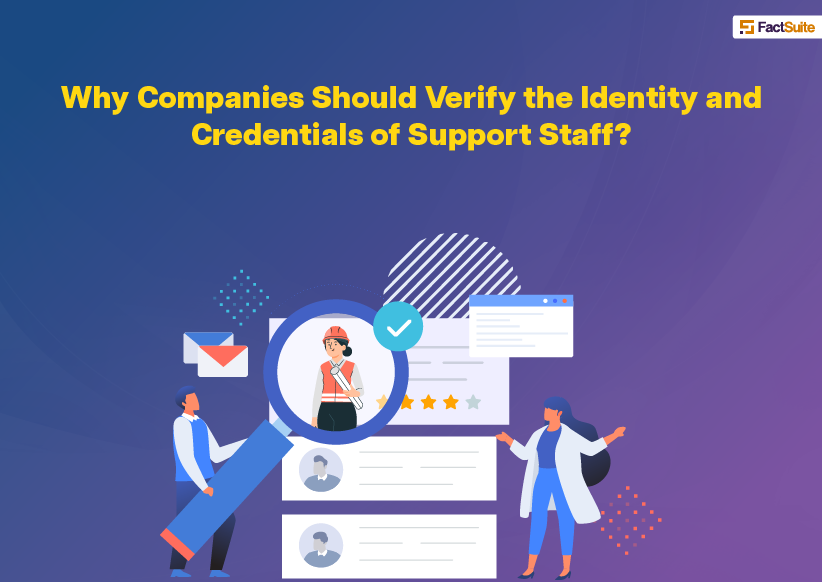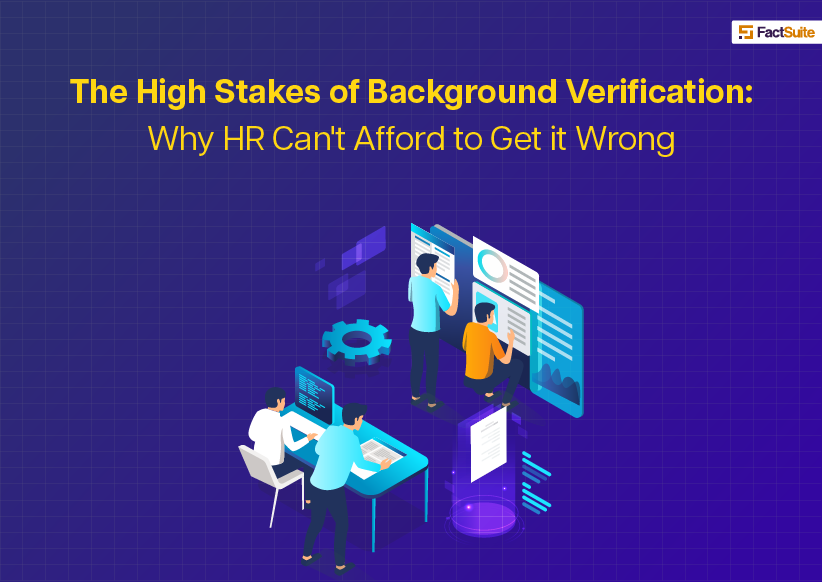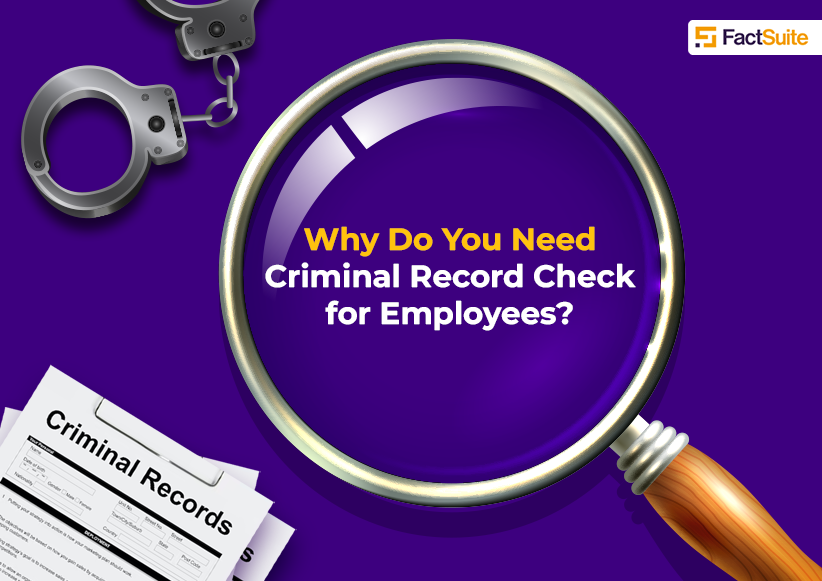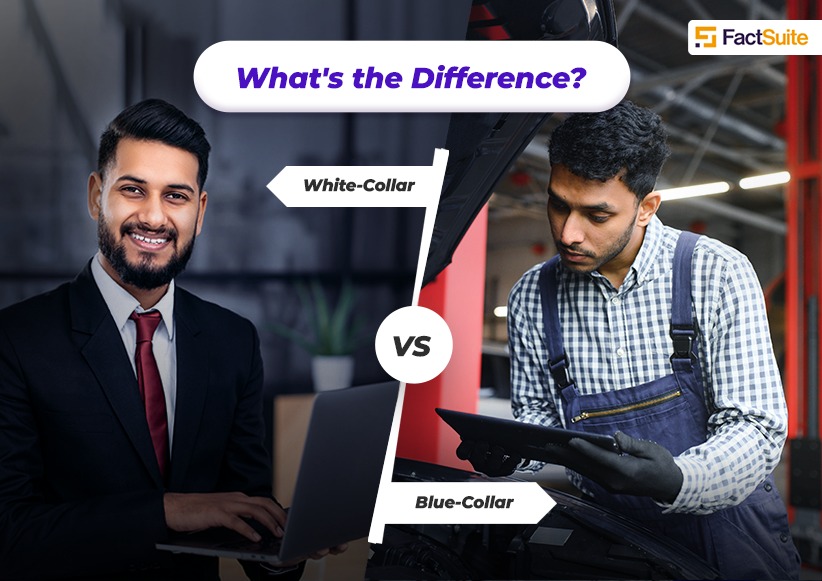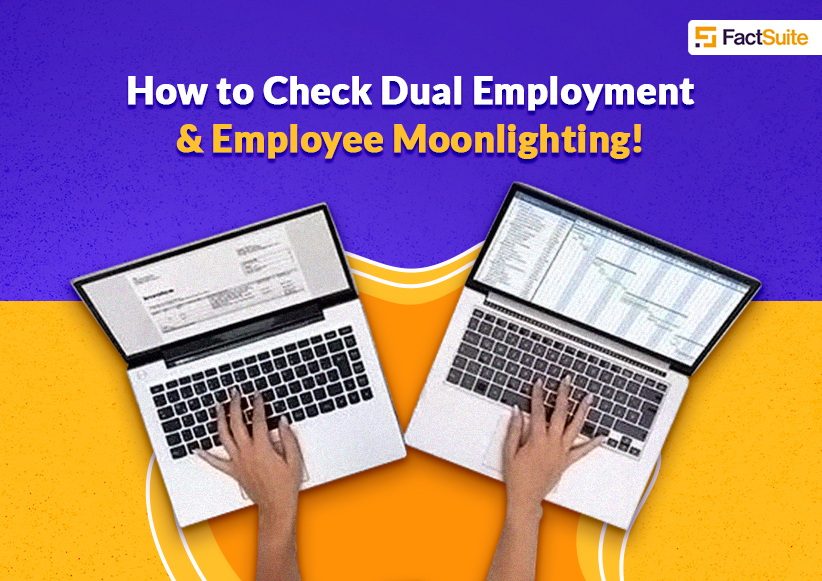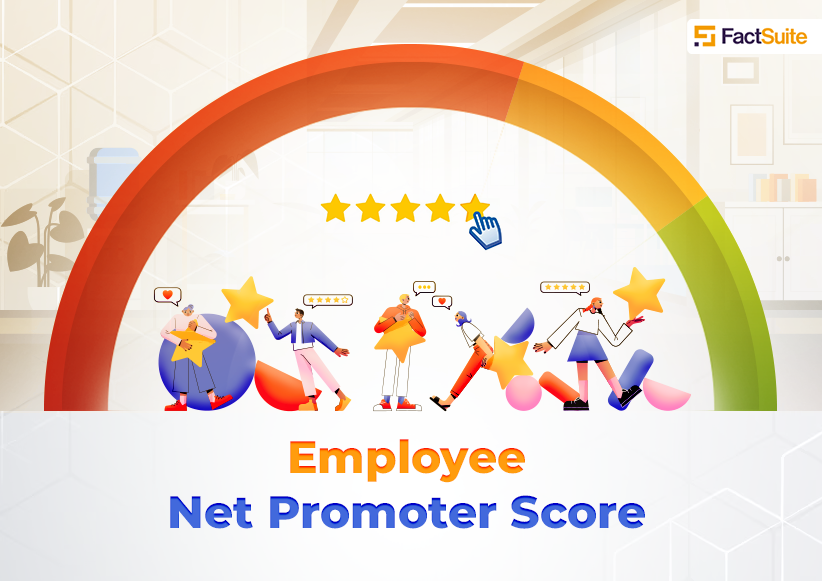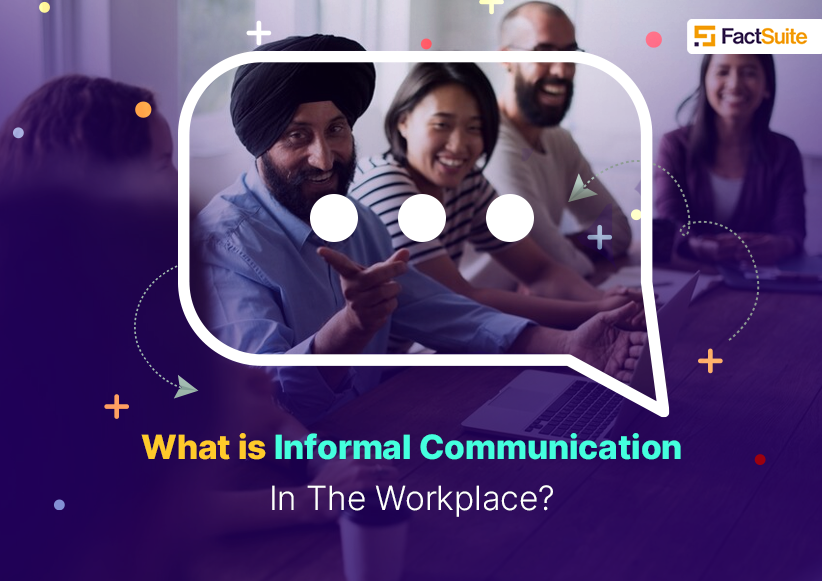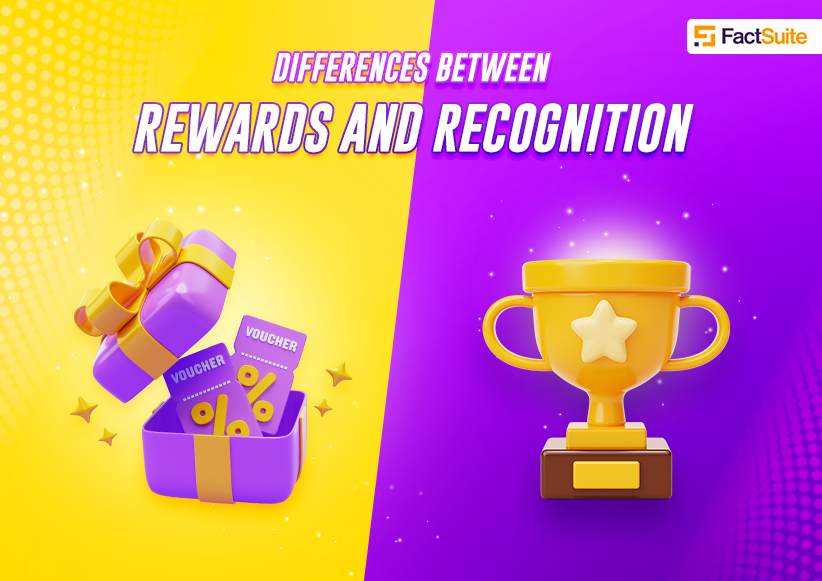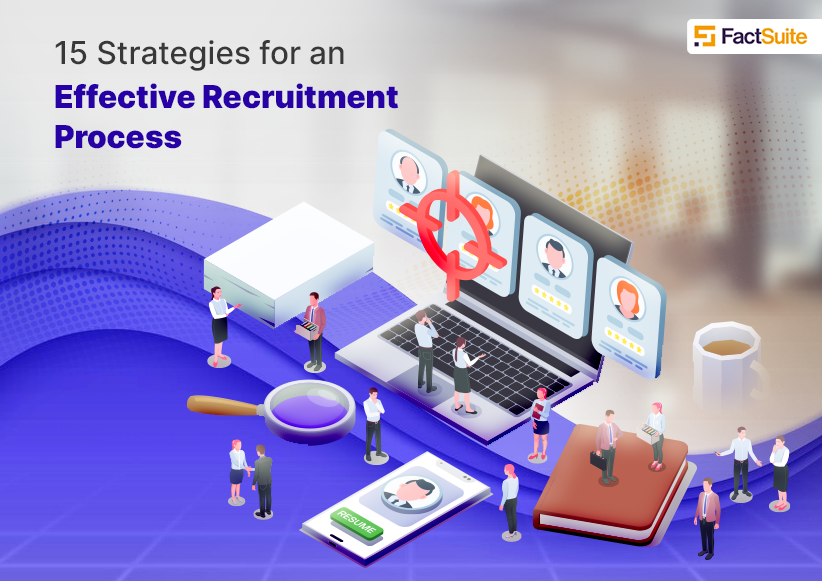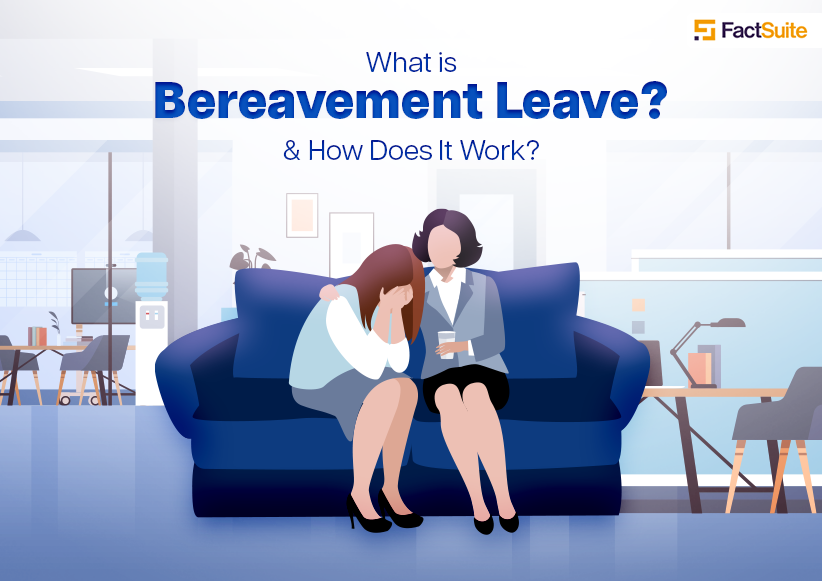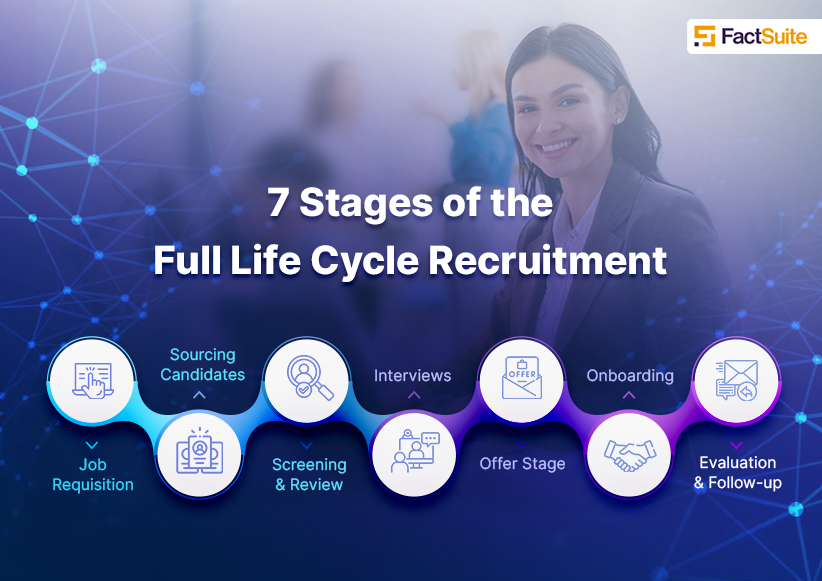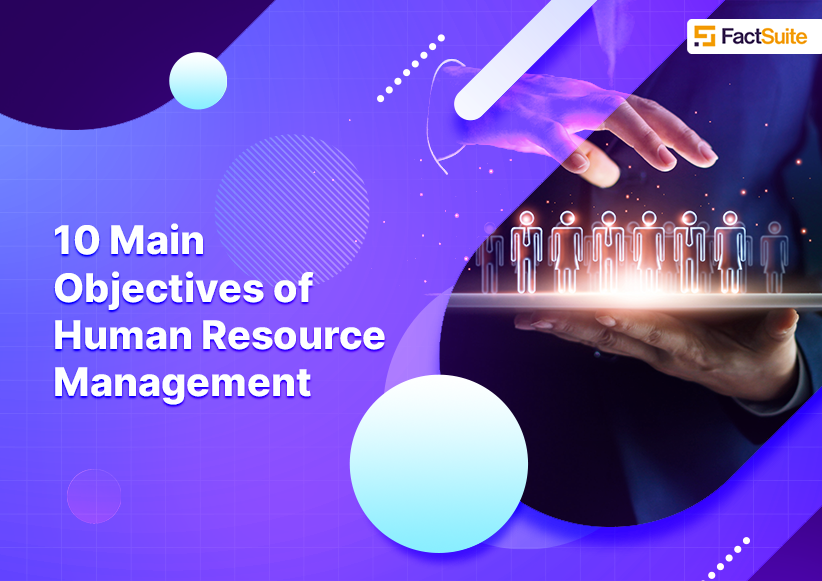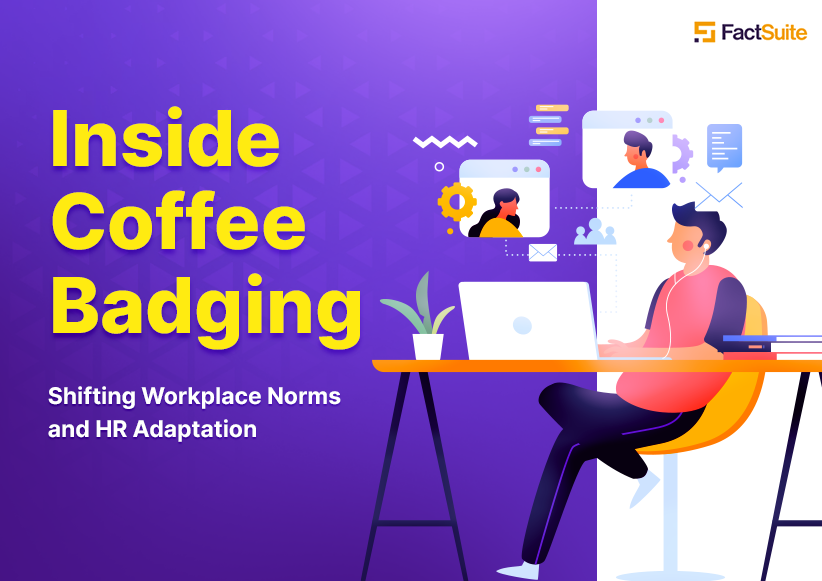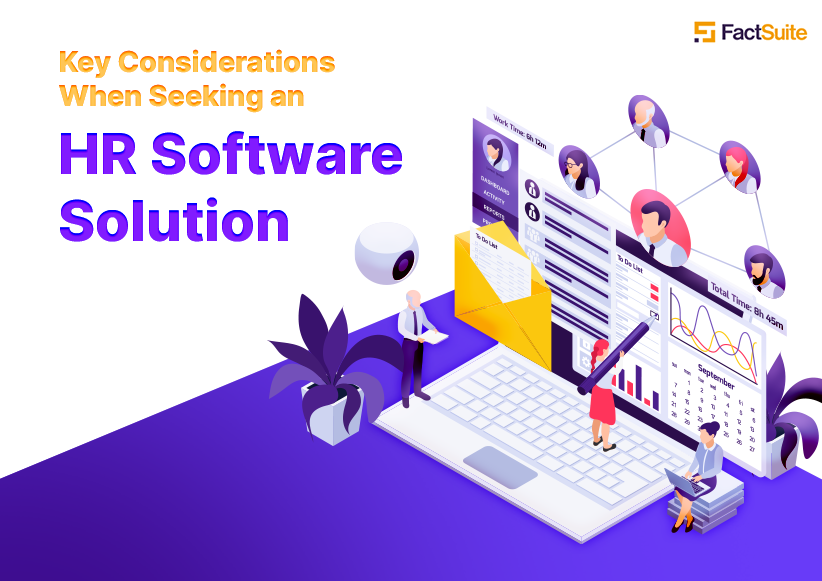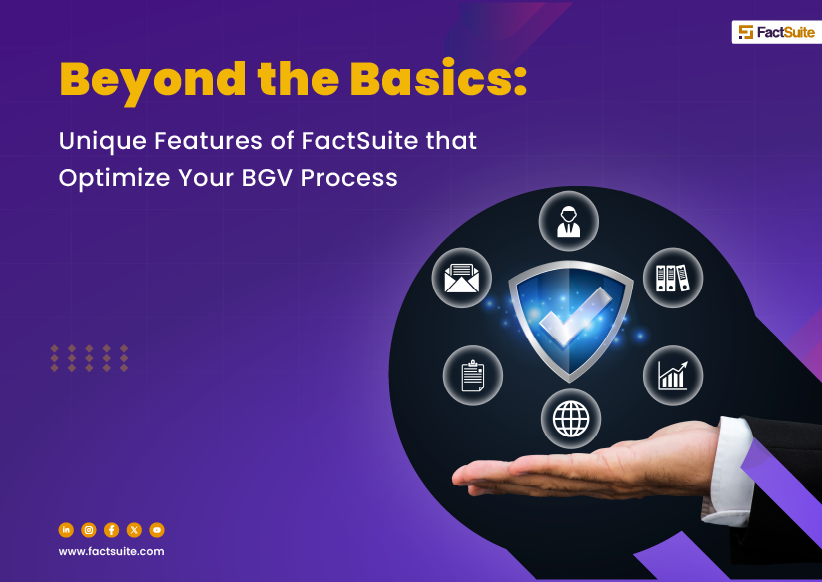The Importance of Adjudication in Employee Background Verification
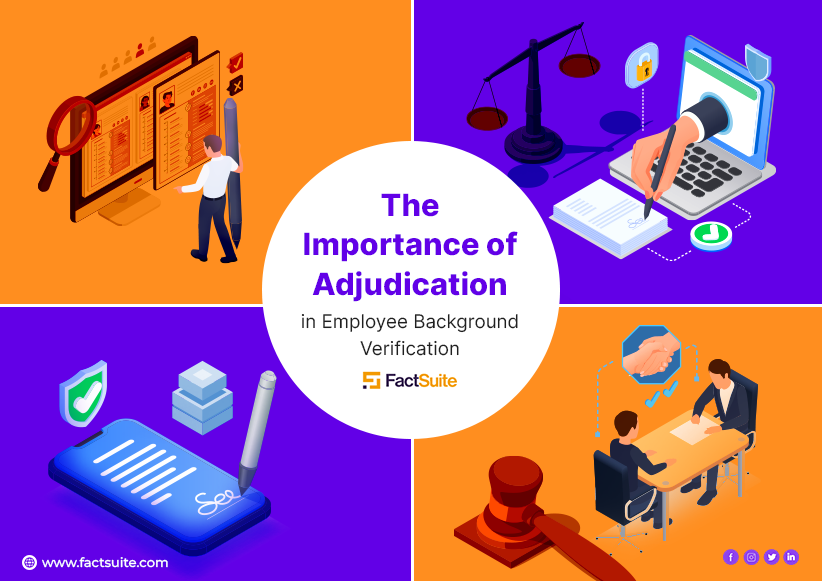
Introduction
Do you think that employee background verification is more like a hassle instead of being helpful? Trying to understand a complicated network of criminal records and questioning if an excellent applicant is not suitable due to an old DUI? This can result in delays, annoyance, and maybe even legal problems.
But do not worry, tired HR fighters! You have a hidden weapon in your recruitment gear: are you wondering of the adjudication meaning? The understanding of what is background verification is incomplete without understanding this one critical aspect to it. This blog is for you to know all about adjudication, adjudication meaning- the special element that changes employee background verification from being troublesome into becoming an important hiring method. We'll also dig into the granular details of adjudication, discuss its advantages, adjudication meaning and help you in creating a robust process for your company. Prepare to make better hiring choices with certainty, simplify your method, and ultimately bid farewell to those vexing hiring difficulties!
Table of Contents
- Adjudication Explained- Going Beyond the Pass/Fail Binary
- Why is Adjudication a Game Changer? The Benefits Breakdown
- Enhancement in Effectiveness
- Compliance Champion
- Fairness for All
- Preventing Legal Consequences
- Enhanced Quality in Hiring Decisions
- Better Consistency Across Departments
- Improvement in Uniformity across Locations
- Better Management of Complexities Related to Employee Actions
- Data-Driven Decisions
- Documentation Powerhouse
- Manual vs. Automated Adjudication
- Manual Adjudication
- Automated Adjudication
- Crafting Effective Adjudication Guidelines: A Step-by-Step Guide
- Legal Counsel Collaboration
- Categorize Background Check Findings
- Consider Context
- Job-Specific Filters
- Clear Outcomes and Actions
- Avoid Discrimination
- Empowering Informed Hiring with Adjudication
Adjudication Explained- Going Beyond the Pass/Fail Binary
If you are wondering of the adjudication meaning, let’s start there. Adjudication is like a link between the unprocessed background check details and your hiring choice. This means checking how well a candidate's background check results fit with the pre-set standards for employment in your company. It's not just about saying "yes" or "no," it also includes careful analysis of the results you’ve received from your partner background verification services to decide if an offense should make someone unsuitable for the job or needs more investigation. To claim adjudication can definitely benefit employers and employees alike.
Why is Adjudication a Game Changer? The Benefits Breakdown
To claim Adjudication, the process of deciding based on gathered information, can turn the understanding of what is background verification from being complex to become not just clearer but an effective tool for hiring. It brings along many benefits:
1. Enhancement in Effectiveness
Think of a situation where you are going through numerous background reports, hoping to find any warning signs. Adjudication assists by permitting you to establish pre-determined standards. Picture it as a sort of sieve – not good fits are sifted out automatically, saving your HR team's time for more important duties such as creating interview inquiries or attracting finest talent.
2.Compliance Champion
The law related to background checks is like a minefield, and Adjudication helps you walk through it with surety. This process assists in making certain that your hiring methods adhere to industry rules and laws centred on fair hiring guidelines. By using it, you can lessen the danger of facing expensive legal disputes later on. No more staying awake at night, concerned about legal suits; settling disputes helps you sleep well, knowing that you are acting within the law.
3. Fairness for All
We all have our own biases, and these can sometimes affect the hiring process. Adjudication helps to solve this problem by using objective criteria instead of subjective judgments. For instance, think about two candidates who have similar backgrounds - one receives a gut feeling from the hiring manager while the other does not.
4.Preventing Legal Consequences
Adjudication allows for a consistent handling of employment decisions that could be legally sensitive. When choices are made based on clear rules and guidelines, it reduces the risk of discrimination accusations or other legal problems related to subjective assessments.
5.Enhanced Quality in Hiring Decisions
To make good choices in employment, especially when it comes to tough situations like selecting between two equally qualified applicants or deciding if an applicant's background is suitable for a job, we want impartiality. Adjudication offers this by providing objective scrutiny on issues rather than relying solely on personal opinions which can be influenced by bias.
6.Better Consistency Across Departments
In large organizations with many departments involved in recruitment, adjudication helps align decision-making methods. This decreases discrepancies that might emerge when each department uses its own standards or interpretations for evaluating applicants' qualifications and suitability.
7.Improvement in Uniformity across Locations
For businesses having numerous locations where diverse groups handle staffing choices locally or regionally may result in inconsistency among areas due to different interpretations applied by each group without centralized control system; here adjudicating becomes beneficial towards achieving uniform standards within all parts of organization through its fair review processes across locations without prejudice towards certain groups over others thereby maintaining equality among them .
8.Better Management of Complexities Related to Employee Actions
In today’s business world, there are many complex scenarios where employees make actions that need careful handling. Through using adjudicative approach – particularly when dealing with intricate situations such as possible conflicts between employee rights against necessary company policies – it becomes easier to maintain fairness while also ensuring consistency throughout various actions taken within an organization's workforce structure.
9.Data-Driven Decisions
Background checks produce a lot of data, but it can be difficult to handle raw information. Through adjudication, you have the chance to evaluate these findings in their proper setting. This means taking into account elements such as how old and serious an offense is, what particular demands are required for the job position at hand, or whether there have been any attempts towards rehabilitation on behalf of your potential employee.
10. Documentation Powerhouse
A transparent adjudication process makes a documented record of your hiring selections with reasons why you made those choices. It acts as an insurance policy. If there is an unfortunate legal disagreement, this documented record becomes crucial evidence to protect your company and save time and resources.
Manual vs. Automated Adjudication
There are two main approaches to employee background check adjudication:
1.Manual Adjudication
This common method requires HR experts to manually check and compare background investigation results with hiring standards. Although it allows customization, it is time-consuming, subject to human mistakes and vulnerable to unconscious predisposition.
2.Automated Adjudication
Welcome Technology! Computerized solutions employ pre-set rules to electronically match background check information with your conditions. This saves time, decreases mistakes and lessens bias. However, human oversight is still crucial for final decisions that require context and judgment.
Crafting Effective Adjudication Guidelines: A Step-by-Step Guide
The secret of adjudication is in its capacity to change messy background check data into useful understanding. However, to make use of this power, you require a clear set of rules. Here is an easy-to-follow guide for creating successful adjudication guidelines that suit your particular requirements:
1. Legal Counsel Collaboration
Consider your legal team to be like a hidden power in the field of background checks. It is very important to involve them right from the start. They can use their knowledge to make sure that your adjudication guidelines follow all necessary federal, state and local laws. This relates to laws that governs how information from background checks can be utilized and guidelines set, which stops discrimination based on protected classes. Having your legal counsel provides you with a sense of security, knowing that you are working within the law and decreasing chances for expensive legal disputes in future.
2. Categorize Background Check Findings
Background checks can reveal a range of things, from past criminal activities to records related to motor vehicles. The trick to making correct judgment is comprehending how these findings affect various job positions. This is where the concept of categorization comes in. Establish a distinct system to classify the findings from background checks, based on their seriousness. For instance, if it's about a minor traffic offense, this might be less worrying for someone working in software developing as compared to someone who drives all day like delivery drivers do. This way of sorting out helps in choosing what is most important information for every job position and making sure that every candidate gets an evaluation which is balanced and fair.
3. Consider Context
Think about a candidate who has committed an offense in the past. If you only focus on this red flag, quick assumptions might cause you to overlook valuable talent. The concept of effective adjudication urges individuals to weigh all factors before making any judgments. Consider elements such as the age and gravity of the offense. Is it a youthful mistake or a severe crime? Are there any factors that lessen the offense's severity? Moreover, did the candidate participate in any sort of rehabilitation processes to correct the problem? Considering these aspects permits you to decide about hiring that is knowledgeable and can be justified by looking at the entire story, not just one piece of data.
4. Job-Specific Filters
Background checks can provide a wealth of information, but not all details are pertinent for every job. Stop yourself from becoming overwhelmed by irrelevant information by setting up filters that are specific to each job. These filters enable you to pay attention only to the background check results which are directly connected with important tasks and duties related to the vacant position. For example, a background check requested for a customer service job could emphasize communication abilities and handling conflicts between people. On the other hand, in case of an accountant position, the focus may be on financial accountability and past instances related to fraud. When you sort out details based on job needs, it makes sure that the process of making decisions about someone's background is smooth and effective.
5. Clear Outcomes and Actions
Now, let's think about a situation where the candidate completes the process of adjudication but there is no clear result. This lack of openness could be irritating for both the person applying and also for those working in HR team. Guidelines for Effective Adjudication: Clear Outcomes This might be as straightforward as a "pass," "investigate more" or "reject" outcome, each with its own action. For instance, if it's said to "pass," this could mean the candidate progresses in the hiring process. On the other hand, if we express it as "investigate more," we might need to contact references or ask for extra information. Having evident outcomes and actions guarantees uniformity across all parts of hiring procedure, making everything clear and unambiguous.6. Avoiding Discrimination
6. Avoid Discrimination
Adjudication, as we know, is a strong tool. But use it with care and think about how your criteria may affect protected classes such as race, religion or national origin. Let's say there is a rule that all people with any criminal record cannot be chosen for the job. This might not seem unfair at first glance but if you think about it carefully, this kind of blanket policy could have more effect on certain minority groups compared to others. The EEOC provides important advice about how to establish fair and non-discriminatory criteria for adjudication. By keeping yourself updated and staying away from discrimination, you create an impartial hiring place that draws in the best talents regardless of their backgrounds.
Empowering Informed Hiring with Adjudication
Adjudication process, that is the main base for a strong background check program. It assures you to make wise hiring choices using fair standards while following rules and being just in your approach towards hiring. For more information, think about checking out background verification services that have built-in adjudication features such as detailed and easy-to-understand reporting on BIS reports. This way, you can make the process more efficient, decrease the danger and eventually locate the finest talent for your establishment.

